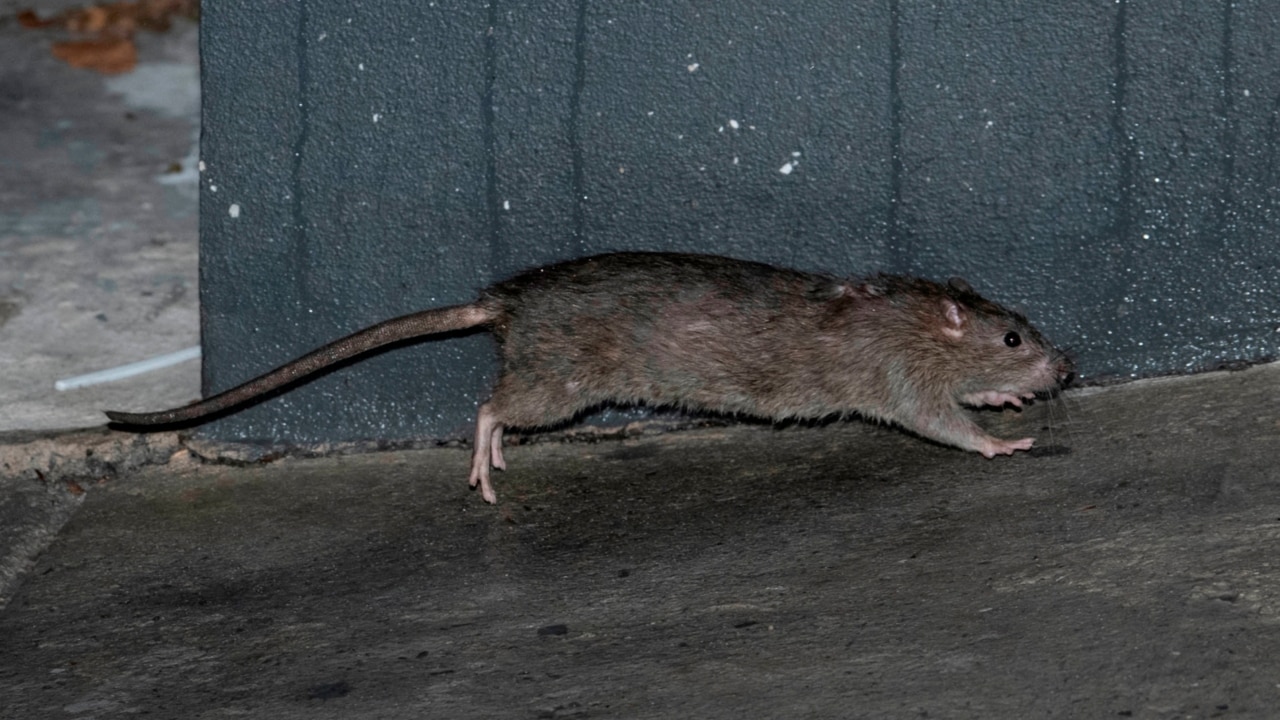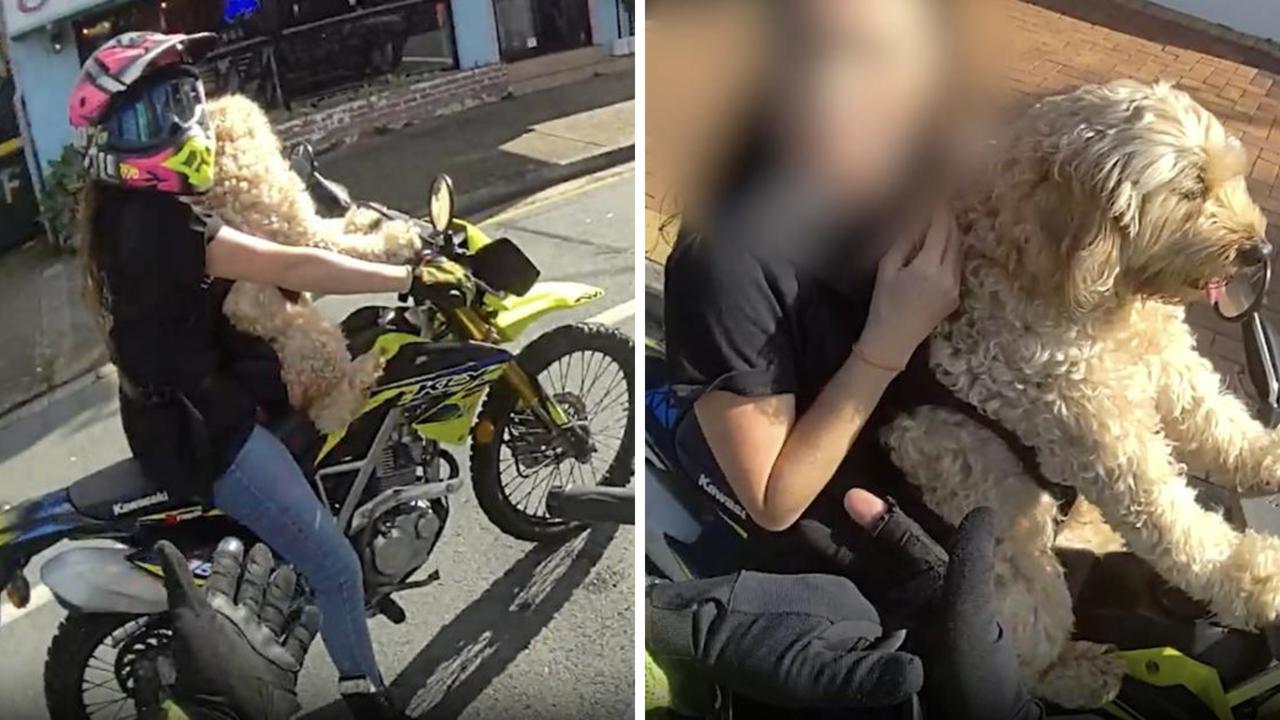Dog owners stumping up fees to protect against rat virus
Dog owners are being warned to vaccinate their pets against a deadly infection killing animals, but the cost of the jab is outrageous.

Pets
Don't miss out on the headlines from Pets. Followed categories will be added to My News.
With dog owners being warned to make sure their pets are vaccinated against the deadly leptospirosis rat infection, it seems some vets are cashing in on the cost of saving your animal’s life.
While one vet in Sydney has been offering the vaccine for free, others are making pet owners cough up $195 to prevent the spread of the contagious fatal bacterial infection passed on by rats and other rodents.
Earlier this week, City of Sydney announced it was doubling the number of rat baits across the city in response to a rise in the rodent population.
Recent estimates — which put the city’s rat population between 500 million and a billion rodents — has the City of Sydney council scrambling to bring the problem under control.
In response, animal experts are warning dog owners in inner city Sydney and the inner west to vaccinate their dog against leptospirosis and keep their away from rat baits.
Dogs can become infected by direct contact —- from a rat bite or from eating a rat — and indirect contact — from drinking urine-contaminated water or licking contaminated soil.
While leptospirosis is spread by rats, rat bait ingestion is also toxic and potentially fatal to dogs.
Since May, there have been six confirmed cases of leptospirosis in the inner west where all the dogs died or were put down.
The bacterial infection can cause acute kidney failure and liver disease in dogs.
But while one Sydney vet practice, Southern Cross Vet in St Peters and Surry Hills, has been offering the jabs for free, others such as Sydney Animal Hospitals are charging $195 for the two shots.
RSPCA NSW is also offering proactive vaccinations at a reduced fee of $30.
Dogs need to get two needles two weeks apart to be fully protected.
One Sydney dog owner said she was annoyed at the astronomical fee but had no choice but to pay it.
“The problem is that there is no standard pricing for vet costs so you just pay whatever they tell you,” she told news.com.au.
Southern Cross’s Dr Sam Kovac told the Inner West Courier the vaccinations had been so popular they were out of stock last week, but they were due to get a new batch in soon to keep up with demand.
Sydney Animal Hospitals charges the higher fee because the dog gets a full vet consultation, and doctors have noticed other problems in pets due to the comprehensive examination.
Specialist veterinarian Dr Jody Braddock said recent weather patterns in Sydney would be favourable for the organism.
“The organism can survive for up to two months in stagnant water if conditions are favourable,” she said.
“Leptospiras do not survive in dry conditions. Transmission is by direct contact of the organism (in urine or contaminated water) with mucus membranes or macerated skin or breaks in skin or by swallowing infected water.
“Leptospira vaccination is considered the best protection available for ‘at-risk’ populations, however up to three vaccinations are required for maximum immunity — follow manufacturer’s recommendation. As for all vaccinations, there is individual variation in the level and duration of immunity, and it is likely shorter than that of the core vaccines.”
University of Sydney’s Dr Anne Fawcett said thousands of dogs in NSW were affected by rat bait ingestion every year, and this could be fatal.
“If you see your dog eat rat bait seek veterinary attention immediately, as your vet may be able to induce vomiting,” she said.
“Signs of toxicity include weakness, fatigue, pale gums, bruising and coughing. There is an antidote which is most effective if given early.
“Some dogs are incredibly persistent with chewing and getting things out of containers. It is very important to exercise caution. Do not walk a dog off leash in affected areas or in the vicinity of rat baits.”
Originally published as Dog owners stumping up fees to protect against rat virus


